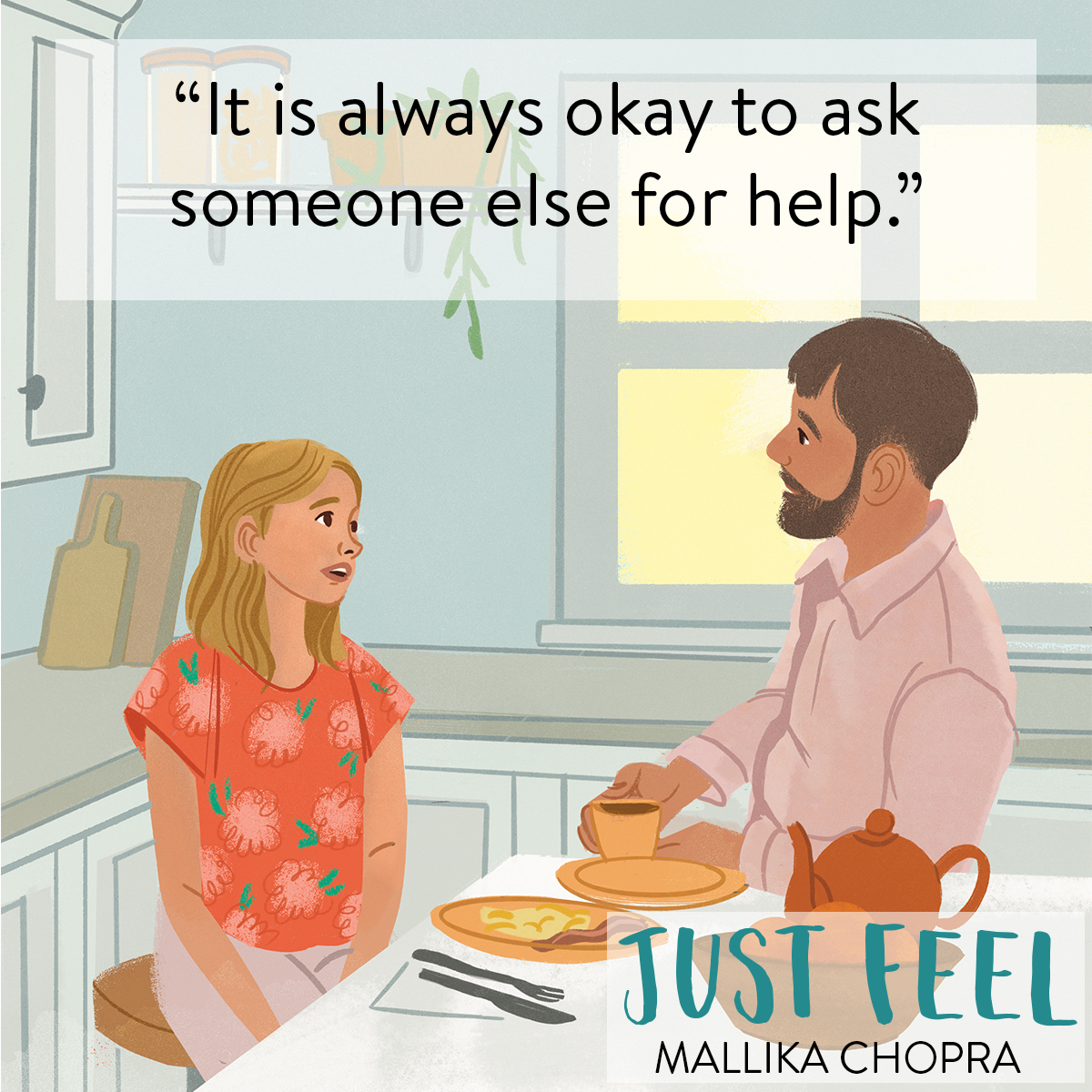Welcome to Thriving Mind, a resource to help you understand your individual signs of stress, take small steps to recharge, and unlock better mental health.
Children are taught to wash their face and brush their teeth. They are told to drink water, move their bodies and eat fruits and vegetables. At school, they are taught how to read and write, and proceed from addition to multiplication to algebra. If super lucky, kids are exposed to art, music and physical education classes in school. Yet most kids are not formally taught how to take care of their mental health. Too few kids are guided on how to be aware of their feelings, how to self-regulate, and be resilient in the face every day challenges.
Globally, our children and our communities are facing an anxiety, depression and stress epidemic. Over 2 million children in the US have been diagnosed with anxiety and depression, and more and more undergraduate students in the US wrestle with some kind of mental health issue. When left unattended to, these disorders persist into adulthood, having significant impacts on overall health and relationships. It is time to address this epidemic in a holistic way.
Parents should teach their kids about physical, emotional and social wellness with basic health information, practical tools for managing daily stress, and role modeling. In my book, Just Feel: How to Be Stronger, Happier, Healthier and More, my intent is to share with kids the basics of mental wellbeing, including the acceptance of a range of emotions. Being mentally healthy means you feel like you can do what you need to do every day, are comfortable socially, can control your behavior, and can experience your emotions without overwhelming anxiety. It is important for kids to know that mental wellbeing doesn’t mean being happy all the time – it means knowing that its normal to feel sad, frustrated, and angry, as well. But, with tools, kids can build up resilience to get through difficult times, connect with others, and ask for help.

There are some basics to mental health: rest and relaxation, movement, mental activity (like learning new things and finding time to focus), having fun and connecting with others. One cannot overemphasize the importance of sleep for a child’s overall (short term and long term) physical and emotional health. Parents should do everything they can to make sleep a priority – from thinking about where their kids actually sleep to scheduling extra-curricular activities to working with schools to manage homework. Parents can also make sure that their kids have time to play, be bored, do creative things and just have fun!
There are also tools that parents can use to bring more peace to their kids’ daily lives. Meditation for kids can be as simple as taking a few conscious breaths to mindful walks in the neighborhood to being aware of the textures, tastes and smells of a meal. A gratitude exercise at the dinner table or just before bed can shift the perspective of all the ups and downs of the day and be a wonderful way to connect with each other.

Most importantly, parents teach their kids about emotional wellness by example, not just words. As a parent, put your devices away and be present with your kids during conversations. Spend time with them in nature. Go for a hike or walk in the park together – perhaps even doing it in silence. Find your own meditation, yoga or exercise routine that shows your kids how you take care of your body and mind. Be kind to others – show them the power of a smile, a compliment and a thank you. Apologize if you get angry and take out your stress on them, and let them know that you too have frustrating moods. When kids see the elders in their life slowing down, being thoughtful about their reactions, re-committing to things when they fail, and asking for help, they will learn the anchors of grit and resilience. They may be more comfortable sharing their own struggles, and in the long-run, hopefully, avoiding some of the loneliness and fear that so many children are feeling today.
This content is informational and educational, and it does not replace medical advice, diagnosis or treatment from a health professional. We encourage you to speak with your health-care provider about your individual needs, or visitNAMI for more information.
Read more of our mental health coverage here.
Follow us here and subscribe here for all the latest news on how you can keep Thriving.
Stay up to date or catch-up on all our podcasts with Arianna Huffington here.


